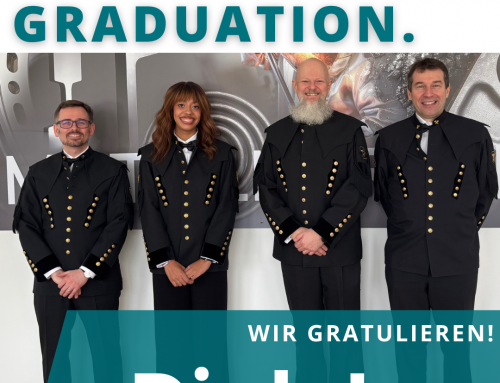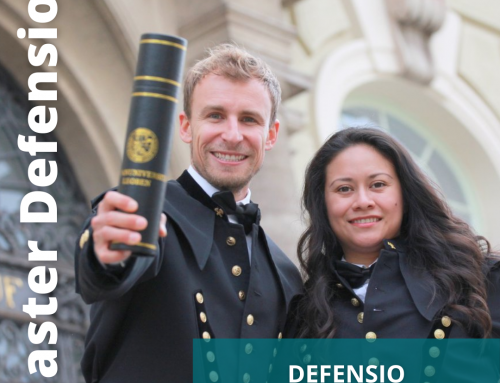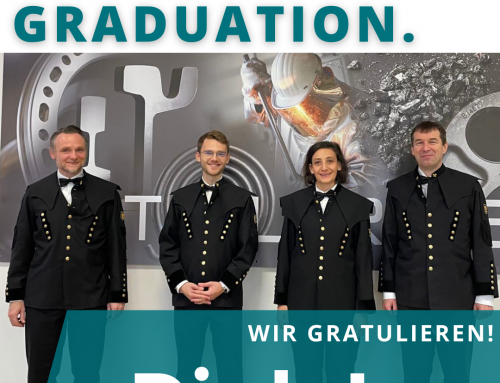TU Delft is looking for two PhD candidates, for projects supported by Tata Steel and the Dutch government.
They are looking for 2 self-motivated and proactive PhD students at MPRR group, department MSE, TU Delft. The positions are available immediate; contract duration: 4-year.
For the interested candidates: please contact:
Associate professor Dr. Yongxiang Yang
Group of Metals Production, Refining and Recycling (MPRR)
Department of Materials Science and Engineering (MSE)
Faculty of Mechanical, Maritime and Materials Engineering (3mE)
Delft University of Technology (TU Delft)
Tel. +31-15 278 2542; Email: Y.Yang@tudelft.nl
Project-1 “CHIRON”: Towards a carbon-lean HIsarna ironmaking process
– influence of H2 enrichment, mineralogy and microstructure on smelting reduction of iron-bearing raw materials
In the CHIRON project the influence of H2 enrichment, mineralogy and microstructure on smelting reduction of iron-bearing raw materials will be investigate. The project goals are to gain deep understanding of the effects of increased hydrogen levels on the in-flight melting and pre-reduction of the fine iron ores in the HIsarna furnace; and to evaluate the role of hydrogen on microstructure and mineralogy evolution of different ore types. This will provide guidance for selection of ore feeds for industrial plants. The knowledge developed within the scope of the current project will also be utilized by integrating the kinetic data and model into Tata Steel’s computational models of the HIsarna process, for upscaling to a demonstration plant of 0.5 mt/a, and further to 1.0-1.5 mt/y full commercial scale.
Project 2 “Max-SCORE”: Maximizing SCrap in COnverter REfinging
– Shifting the limits of scrap usage in steelmaking converters to minimize CO2 emissions
With maximized charging of high and especially low quality steel scrap, together with HIsarna ironmaking, the steel company aims to substantially reduce the primary raw material consumption and increase production of high quality products from scrap. The project goals are set to understand the dynamic melting and refining behavior of scrap in complex shapes and sizes together with BF and HIsarna hot metal; to develop a DEM-CFD based scrap melting and refining model for the converter process, and to validate with plant data and provide the theoretical and practical guidance to reach the above goals. The outcome of the project will be used to widen the raw materials and operating window of scrap addition to the state-of-the-art oxygen steelmaking converters; to maximize the usage of lower quality scrap from the scrap market, without compromising the steel quality and process stability; to implement optimized scrap charging strategies to the converter operation; and finally to increase the recyclability of the lower quality scraps and further reduce CO2 emissions in the steelmaking process.






